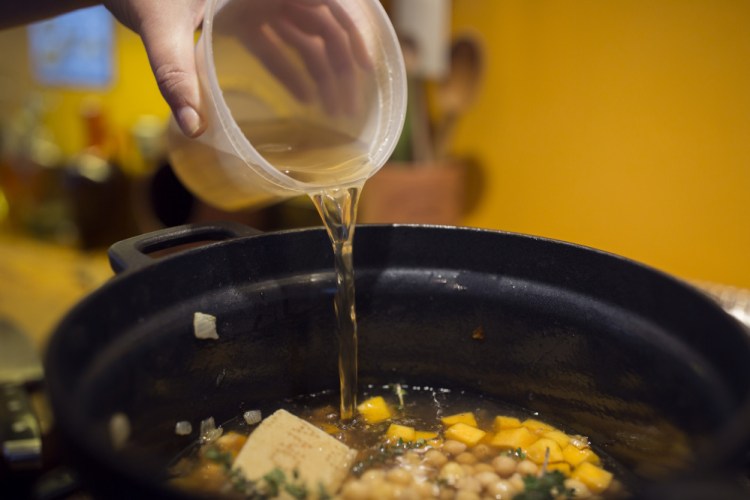Within the last 30 days I’ve received emails challenging me to commit to my yoga practice at a discounted rate, donate to support new programming on NPR so my contribution could be matched by a bigger donor, buy more salads at Panera to get a free cookie, increase my letter count on Words with Friends with rapid-fire solo games, and master the tricky business of making fruit cheese.
From a marketing perspective, “challenge” campaigns work because they engage new customers at all the right points in the buying decision. They create initial interest in a product, provide information about it, stimulate demand, differentiate it from similar products, and strengthen the brand and its place in the market. At least for a certain time, that is.
As I pull on my yoga pants, listen to NPR, avoid the cookie sitting on my counter, nudge my gaming letter count up just enough to beat my baby brother, and fail for the third time at making fruit cheese, it seems like selling all sorts of things comes as a challenge these days.
Take Swiss chard for example. At a Slow Money Maine conference focused on food, held at the University of Maine last November, I sat in on a panel discussion detailing how retailers can help spur sales of Maine food products. Susan Tarpinian, owner of Morning Glory Natural Foods in Brunswick, talked about the Chard Challenge.
Spearheaded by the Northeast chapter of the Independent Natural Food Retail Association, this challenge asked member natural food stores from Manhattan to Maine to build a buzz around Swiss chard, the tender, milder, often more colorful hearty green that these days plays a distant second fiddle to King Kale. Local food distributor and fellow panelist Marada Cook of Crown O’ Maine Organic Cooperative remarked that she’d seen an uptick in chard sales since June and thanked Tarpinian for her efforts.

The finished dish. Chard, lacinato kale or beet greens will work in this recipe.
The Chard Challenge, held in early June 2017, boosted sales at Morning Glory from one to six cases of Swiss chard that week, Tarpinian’s son, Toby, later reported. There were posters, daily samples (the recipes for which were placed near the display for the taking), and chard-educated staff persuading customers to pick up a bunch or two as something new to put on the table. Since Maine’s season for Swiss chard was not in full swing until after the Chard Challenge had ended, Toby Tarpinian said the bunches sold that particular week were not locally grown. But the buzz created about chard by the promotion carried over, resulting in increased sales of the local chard he sold all summer long and into the fall.
Sustaining a behavioral change ignited by any challenge is, well, the real challenge. In personal fitness, time-limited exercise challenges clog social media feeds. Doing squats every day for 30 days will tone up your backside and daily planks for two weeks will solidify your core, they claim. But doctors argue that varied, full-body workouts just a couple times a week is a better long-term approach to a trimmer physique and a fast-paced metabolism.
If home cooks are looking for the best way to support their local food system, the same approach applies. You can’t really make a lasting impact by eating Swiss chard every day for a week. But if you curate a collection of flexible recipes and prove that anywhere spinach is called for, chard, lacinato kale or beet greens will do just fine, you can sustain your support of the system over time.
If you understand that any recipe for baked cod fillets will also yield lovely baked haddock, hake, pollock or Acadian redfish, you can choose the fish the sea can afford to offer you for any given meal.
Knowing that any procedure for cooking carrots will also work for parsnips, that turnips and rutabagas cook up like beets, and that watermelon, daikon and black radishes are as good in salads and slaws as the commonplace small red ones means you can buy more cellared vegetables from your favorite farmer all winter long. Are you up for the challenge?
CHRISTINE BURNS RUDALEVIGE is a food writer, recipe developer and tester and cooking teacher in Brunswick and the author of “Green Plate Special,” a cookbook from Islandport based on these columns. She can be contacted at cburns1227@gmail.com.
Send questions/comments to the editors.



Comments are no longer available on this story